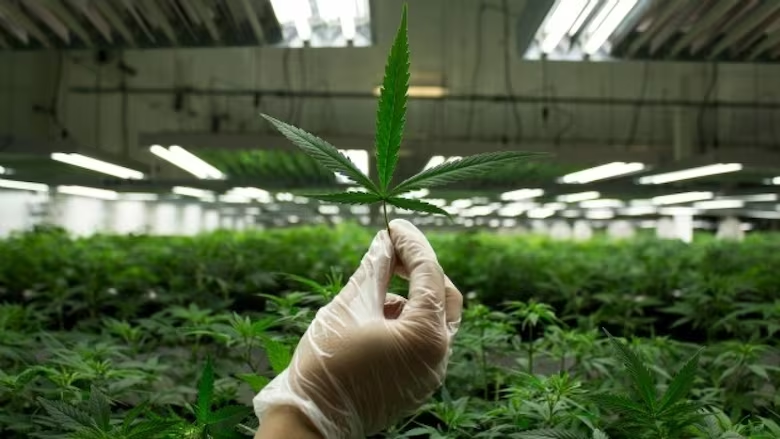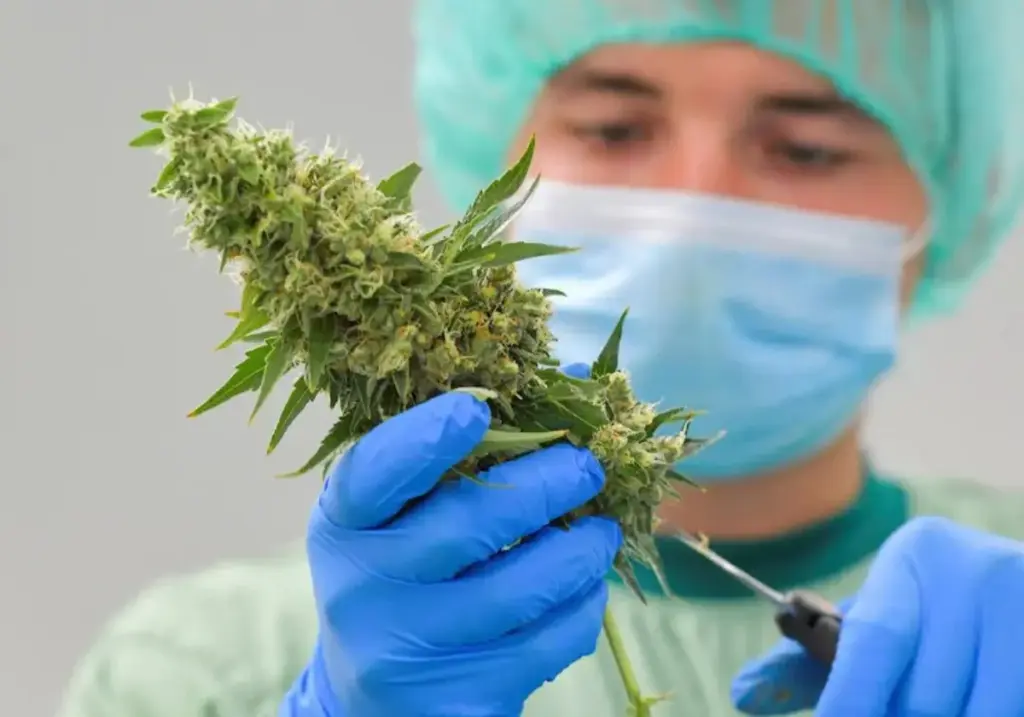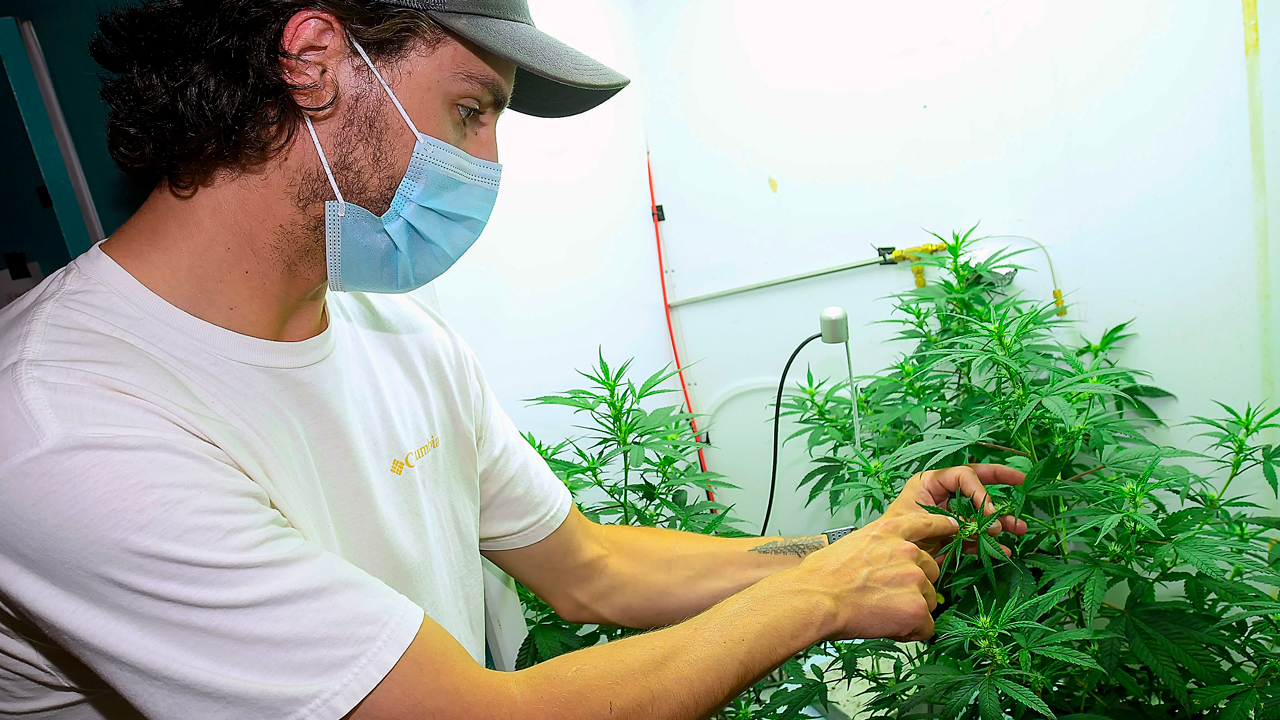Australia’s cannabis industry has entered a new phase in 2025, with private sector companies taking a leading role in advancing research and innovation. While government and academic institutions have traditionally driven much of the early exploration into cannabis science, private enterprises are now investing heavily in cutting-edge cultivation technology, product development, and therapeutic research. This shift is being fuelled by both domestic market growth and expanding international demand for high-quality Australian cannabis products. As the industry matures, privately funded research is not only accelerating the pace of scientific discovery but also delivering commercially viable solutions that benefit patients, growers, and the wider economy.
Breakthroughs in Cultivation Technology

One of the most significant areas where private companies are driving change is in cultivation technology. Australian cannabis producers are adopting advanced hydroponic systems, precision climate control, and AI-driven crop monitoring tools to optimise plant health and yield. These technologies allow cultivators to monitor environmental variables such as light intensity, humidity, and nutrient delivery in real-time, enabling them to respond instantly to changing plant needs. Some firms have also pioneered renewable energy-powered greenhouses that reduce operational costs while minimising environmental impact, aligning with Australia’s broader sustainability goals. By investing in scalable, high-tech cultivation methods, private companies are not only improving efficiency but also setting new global benchmarks for quality and consistency in cannabis production.
Expansion of Therapeutic Applications
Private sector research in Australia is also pushing the boundaries of cannabis-based therapies, moving beyond well-established uses for chronic pain and epilepsy into new areas such as oncology, neurology, and mental health. Several Australian biotech firms are conducting clinical trials on cannabinoid formulations designed to alleviate symptoms in conditions like PTSD, autism spectrum disorder, and inflammatory diseases. These trials are generating valuable data that could lead to regulatory approvals for new medical indications, significantly expanding the range of patients eligible for cannabis-based treatment. In addition, companies are focusing on creating targeted delivery systems, such as metered-dose inhalers and transdermal patches, which offer greater precision and patient control compared to traditional methods of consumption.
Product Development and Consumer Innovation
Innovation in product development is another hallmark of private sector influence in Australia’s cannabis research landscape. Companies are creating a diverse range of products tailored to specific consumer needs, including low-THC, high-CBD formulations for daytime use and balanced cannabinoid blends for therapeutic relief without intense psychoactive effects. Edibles, beverages, and wellness supplements are gaining popularity, with research teams working on improving bioavailability to ensure faster onset and more consistent dosing. Private firms are also investing in terpene research, exploring how these aromatic compounds can be customised to enhance therapeutic outcomes and create distinctive flavour profiles that appeal to both medical and recreational markets. This focus on consumer-friendly innovation is helping Australian cannabis brands stand out in an increasingly competitive global market.
Collaboration with Global Partners
To accelerate research and bring new products to market, many Australian cannabis companies are forming strategic partnerships with international firms, universities, and pharmaceutical companies. These collaborations allow for knowledge exchange, access to advanced technologies, and entry into new markets. For example, partnerships with Canadian and Israeli companies—both leaders in cannabis science—have facilitated joint studies on plant genetics, cannabinoid isolation, and large-scale cultivation techniques. Australian producers are also leveraging these relationships to secure export agreements, ensuring that locally developed innovations reach patients and consumers around the world. Such collaborations enhance the credibility of Australian research and strengthen the country’s reputation as a global hub for cannabis innovation.
Regulatory Support and Market Opportunities
The growth of private sector innovation in Australian cannabis research is being supported by a regulatory environment that, while cautious, is increasingly responsive to industry needs. The Therapeutic Goods Administration (TGA) and state health authorities have streamlined some licensing and clinical trial processes, making it easier for companies to conduct research and bring products to market. Export regulations have also been refined, allowing Australian producers to capitalise on demand in emerging markets across Asia, Europe, and North America. This regulatory support, combined with strong investor interest, is fuelling a cycle of innovation that promises to keep Australia at the forefront of global cannabis research for years to come.
Outlook for 2025 and Beyond

Looking ahead, the role of the private sector in Australian cannabis research is set to expand even further, with ongoing investments in biotechnology, genetics, and sustainable cultivation driving the next wave of breakthroughs. As more data emerges from clinical trials and consumer studies, Australian companies will be well-positioned to develop new treatment protocols, refine cultivation techniques, and create innovative products that cater to both domestic and international markets. The synergy between technological advancement, therapeutic discovery, and market demand ensures that private sector-led research will remain a vital force in shaping the future of the Australian cannabis industry.






Leave a Reply